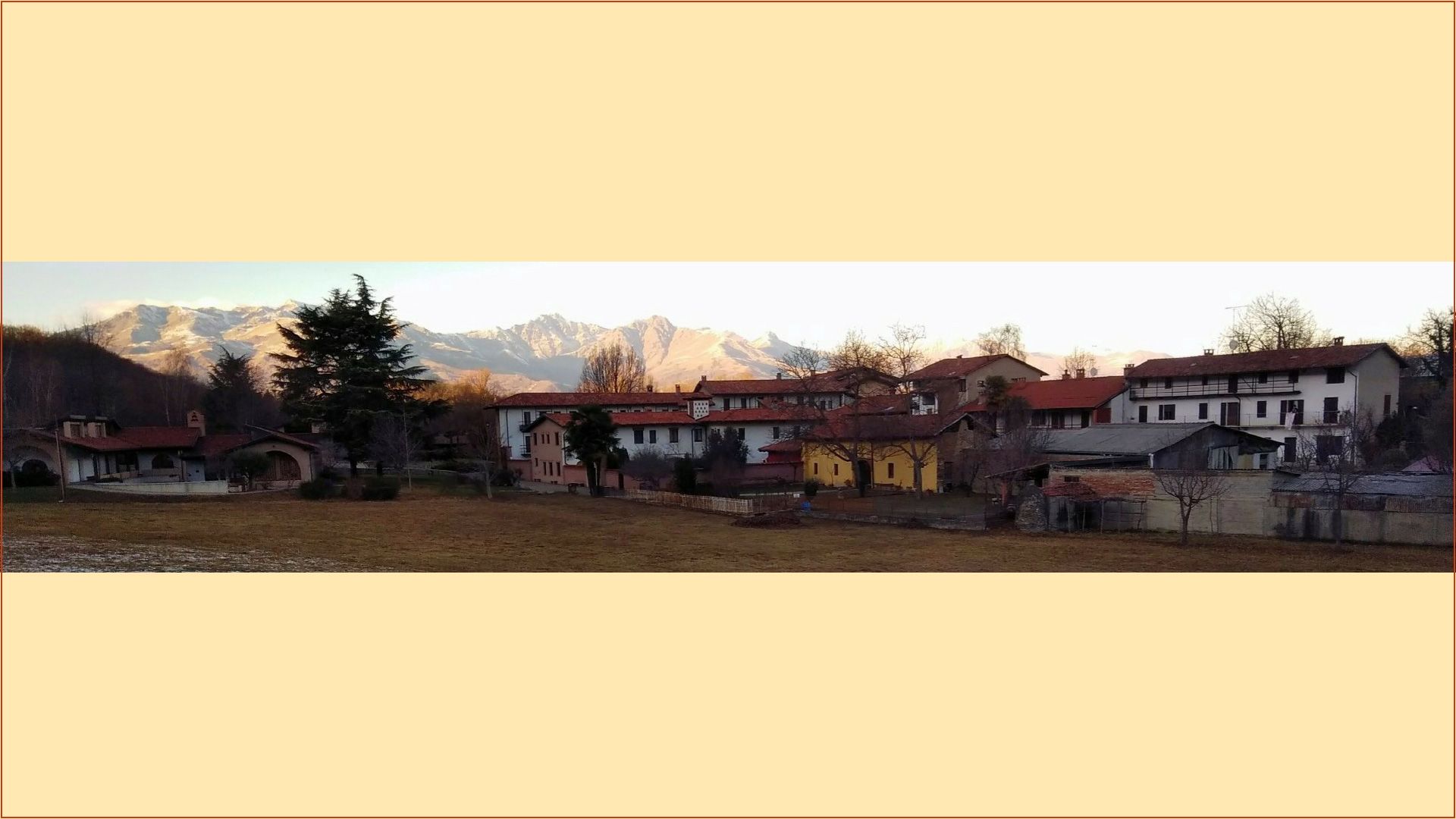by Father Patrice Mahieu, O.S.B.
Abbey Saint-Pierre de Solesmes, France
Bose, Italy
September 2018
The symposium organised for the 26th time by the monastic community of Bose was remarkable in many respects.
The first aspect which is striking for somebody who attends the symposium for the first time is the quality of the fraternal atmosphere, which permeates the whole symposium and creates an easiness for engaging people with whom you happen be sitting. There is a great amount of flexibility, but all is very well organized by the community.
The second aspect is the prayerful climate in which the whole symposium is held. To join the monastic community three times a day, and to pray alongside the people with whom you speak and eat brings about a deep change, as a person’s entire perspective is changed. The communal aim is underscored: All participants are working towards a more fraternal communication, a better understanding and a coming together of the Churches through persevering, meaningful personal relationships of trust, understanding and friendship.
Another very valuable aspect was the theme of this symposium: Discernment and Christian Life. This central topic encompasses a wide set of situations, which may be either personal, communal, or ecclesial. All levels were taken into account by the symposium. Discernment in the Scriptures was presented as a way to recognise the signs of times, in the Gospels (Enzo Bianchi) and in Saint Paul’s Letters (Filotej Artjušin). Bishop Irenei, the Russian bishop of the Church outside of Russia, spoke about discernment in Ireneus and the ancient Church. Then, discernment in the life of the Churches and in their relations was given significant place. Father Patriciu Vlaicu spoke about discernment and the principle of economy, underscoring the fact that economy was no escape from the canonical principles but a part of them. Vassiliki Stathokosta developed discernment in the Christological dialogue between the Eastern Orthodox and Oriental Orthodox. Discernment in time, between history and memory was discussed by Father John Erickson, paving the way for more historical reports as discernment and the Council of Moscow (1917-1918) by Alexander Mramornov, the Bulgarian Church and the persecution of Jews by Daniela Kalkandjieva, and the Church of Antioch during the civil war in Lebanon (1975-1990) by Porphyrios Giorgi.
Discernment in monastic life was addressed by Michel van Parys in the framework of the Benedictine Rule, while discernment in Saint Maximus was presented by Bishop Maxim Vasilijevič of Los Angeles, as an example for discernment in times of crisis.
The last part of the symposium was devoted to discernment in the Fathers of the Church such as Origen (Paul Gavrilyuk), the Syriac tradition (Sebastian Brock) and Saint John Cassian (Alexej Fokin), and to the distinct but related fields of spiritual direction and psychology with emphasis on the spiritual father nowadays, and the risk of an unbalanced spiritual accompaniment if this spiritual father is not well trained or fails to respect a spirit of constant humility and Church accountability. The last two contributions were a real summary of experience and prudence offering some insights for a humble discernment, which builds within the person a capability for true freedom.
Thanks to the community of Bose and the quality of the panel, each participant left the symposium with the certitude that discernment is part of the solution for bringing the Churches together according to God’s will, and that this process begins personally with each of us accepting the long labour of discernment in our own lives, whatever the cost may be!


